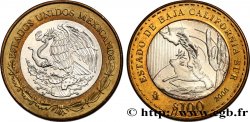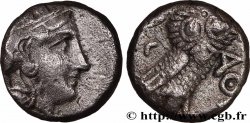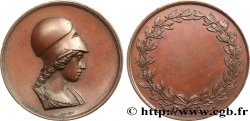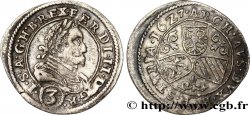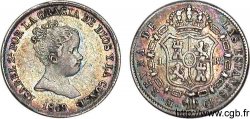E-auction 268-190696 - fme_370755 - MESSICO Médaille de Yacatecuhtli, dieu des marchands
Devi Sign-in ed essere un offerente approvato fare un'offerta, Login per fare offerte. Conti sono soggetti ad approvazione e di approvazione sono raggiunti entro 48 ore. Non aspettare fino al giorno di una vendita si chiude per registrarti.Confermando la tua offerta su questo oggetto ti impegni ad un contratto legalmente vincolante per l'acquisto di questo prodotto e fare clic su «offerta» costituisce accettazione dei termini di utilizzo de e-auctions cgb.fr.
Offerta deve essere collocato in euro gli importi interi vendita only.The si chiuderà al momento sulla descrizione dell'oggetto, eventuali offerte pervenute al sito dopo l'orario di chiusura non verranno eseguite. Volte transmition possono variare e le offerte potrebbero essere respinto se si attende per gli ultimi secondi. Per ulteriori informazioni ckeck le FAQ.
SENZA COSTI PER GLI ACQUIRENTI.
SENZA COSTI PER GLI ACQUIRENTI.
| Valutazione : | 60 € |
| Prezzo : | 31 € |
| Offerta maxima : | 35 € |
| Data di fine vendita : | 04 giugno 2018 18:28:00 |
| partecipanti : | 5 partecipanti |
Tipo : Médaille de Yacatecuhtli, dieu des marchands
Data: 1978
Nome della officina / città: Mexique, Mexico
Metallo : argento
Diametro : 39 mm
Asse di coniazione : 12 h.
Peso : 31,5 g.
Orlo : striée
Commenti sullo stato di conservazione:
Splendide médaille en excellent état de conservation, quasiment neuve
Diritto
Titolatura diritto : YIACATECUTLI - COMERCIO.
Descrittivo diritto : Représentation de Yacatecuhtli dans le style aztèque.
Rovescio
Titolatura rovescio : CONCACANO - 60 ANOS / 30 PRESIDENTES / POCHTECATL / MEXICO / 1978 / UNE ONZA TROY-PLATA PURA LEY 0.999 31.1 GMS.
Descrittivo rovescio : Commerçant marchant à droite ; légende autour circulaire et en lignes horizontales.
Commento
Frappée pour célébrer le 60e anniversaire et le 30 Président de la Yiacatecutli Comercio du Mexique en 1978. L'avers a un superbe design d'un personnage d'origine aztèque tandis que le revers montre un commerçant aztèque ainsi que toutes les informations relatives à l'anniversaire. Comme il est clairement indiqué sur le revers, cette médaille est faite à partir d'une once complète (31,1 grammes) de .999 pureté (fine) argent.
Yacatecuhtli « le seigneur du nez » (du nahuatl « yacatl » (nez) et « tecuhtli » (seigneur)) est, dans la mythologie aztèque, le dieu des marchands, du commerce et des voyageurs.
La société aztèque précolombienne a été développée, sur le modèle d'autres sociétés mésoaméricaines, par les Aztèques de la vallée de Mexico, lors des siècles précédant la conquête du Mexique par les conquistadors espagnols.
Comme dans toutes les civilisations mésoaméricaines, les clivages sociaux n'étaient pas strictement socio-économiques mais basés principalement sur l'importance de la fonction de chaque groupe pour l'omniprésente religion. De ce fait, une forme d'aristocratie d'origine à la fois militaire et religieuse (les « pipiltin ») s'était progressivement distinguée du reste du peuple, et les artisans et les négociants (« pochteca ») avaient eux aussi un statut privilégié par rapport aux simples plébéiens (« macehualtin »). Les plus défavorisés étaient les esclaves.
.
Minted to celebrate the 60th anniversary and 30th President of Yiacatecutli Comercio of Mexico in 1978. The obverse has a superb design of a character of Aztec origin while the reverse shows an Aztec trader along with all the information related to the anniversary. As clearly stated on the reverse, this medal is made from a full ounce (31.1 grams) of . 999 purity (fine) silver.
Yacatecuhtli \\\"the lord of the nose\\\" (from the Nahuatl \\\"yacatl\\\" (nose) and \\\"tecuhtli\\\" (lord)) is, in Aztec mythology, the god of merchants, commerce and travelers.
Pre-Columbian Aztec society was developed, modeled on other Mesoamerican societies, by the Aztecs of the Valley of Mexico in the centuries before the conquest of Mexico by the Spanish conquistadors..
As in all Mesoamerican civilizations, social divisions were not strictly socioeconomic but based primarily on the importance of each group's function for the omnipresent religion.. As a result, a form of aristocracy of both military and religious origin (the \\\"pipiltin\\\") had gradually distinguished itself from the rest of the people, and the artisans and merchants (\\\"pochteca\\\") also had a privileged status compared to the simple plebeians (\\\"macehualtin\\\").. The most disadvantaged were the slaves.
Yacatecuhtli « le seigneur du nez » (du nahuatl « yacatl » (nez) et « tecuhtli » (seigneur)) est, dans la mythologie aztèque, le dieu des marchands, du commerce et des voyageurs.
La société aztèque précolombienne a été développée, sur le modèle d'autres sociétés mésoaméricaines, par les Aztèques de la vallée de Mexico, lors des siècles précédant la conquête du Mexique par les conquistadors espagnols.
Comme dans toutes les civilisations mésoaméricaines, les clivages sociaux n'étaient pas strictement socio-économiques mais basés principalement sur l'importance de la fonction de chaque groupe pour l'omniprésente religion. De ce fait, une forme d'aristocratie d'origine à la fois militaire et religieuse (les « pipiltin ») s'était progressivement distinguée du reste du peuple, et les artisans et les négociants (« pochteca ») avaient eux aussi un statut privilégié par rapport aux simples plébéiens (« macehualtin »). Les plus défavorisés étaient les esclaves.
.
Minted to celebrate the 60th anniversary and 30th President of Yiacatecutli Comercio of Mexico in 1978. The obverse has a superb design of a character of Aztec origin while the reverse shows an Aztec trader along with all the information related to the anniversary. As clearly stated on the reverse, this medal is made from a full ounce (31.1 grams) of . 999 purity (fine) silver.
Yacatecuhtli \\\"the lord of the nose\\\" (from the Nahuatl \\\"yacatl\\\" (nose) and \\\"tecuhtli\\\" (lord)) is, in Aztec mythology, the god of merchants, commerce and travelers.
Pre-Columbian Aztec society was developed, modeled on other Mesoamerican societies, by the Aztecs of the Valley of Mexico in the centuries before the conquest of Mexico by the Spanish conquistadors..
As in all Mesoamerican civilizations, social divisions were not strictly socioeconomic but based primarily on the importance of each group's function for the omnipresent religion.. As a result, a form of aristocracy of both military and religious origin (the \\\"pipiltin\\\") had gradually distinguished itself from the rest of the people, and the artisans and merchants (\\\"pochteca\\\") also had a privileged status compared to the simple plebeians (\\\"macehualtin\\\").. The most disadvantaged were the slaves.







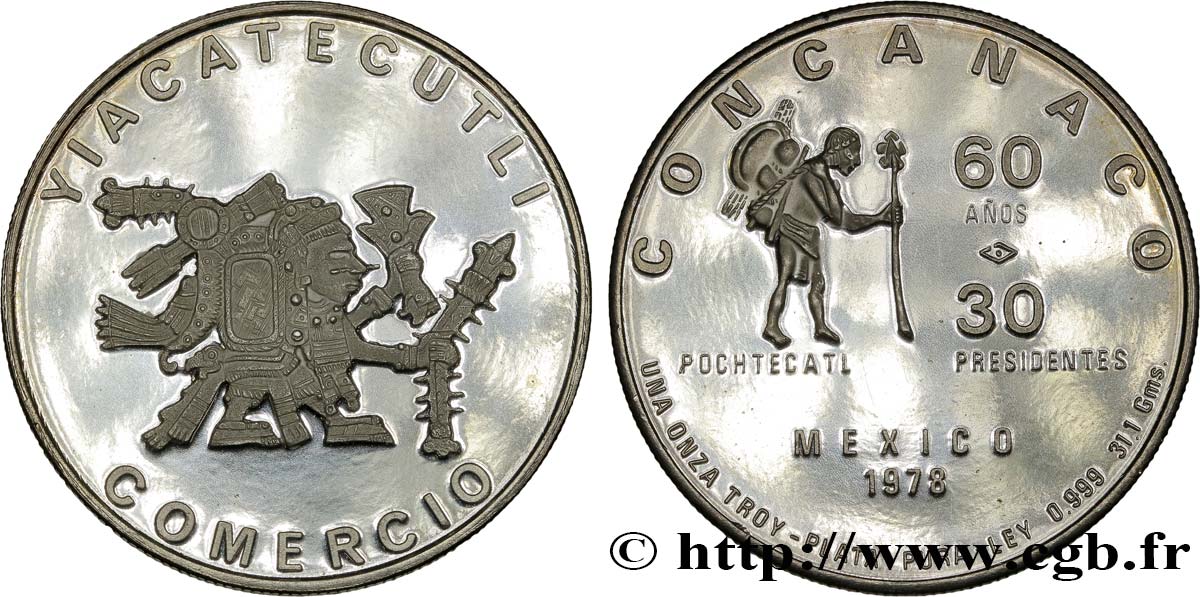
 Segnalare un errore
Segnalare un errore Stampate la pagina
Stampate la pagina Condividi mia selezione
Condividi mia selezione Fai una domanda
Fai una domanda Consegnare / vendere
Consegnare / vendere
 Descrittivo
Descrittivo